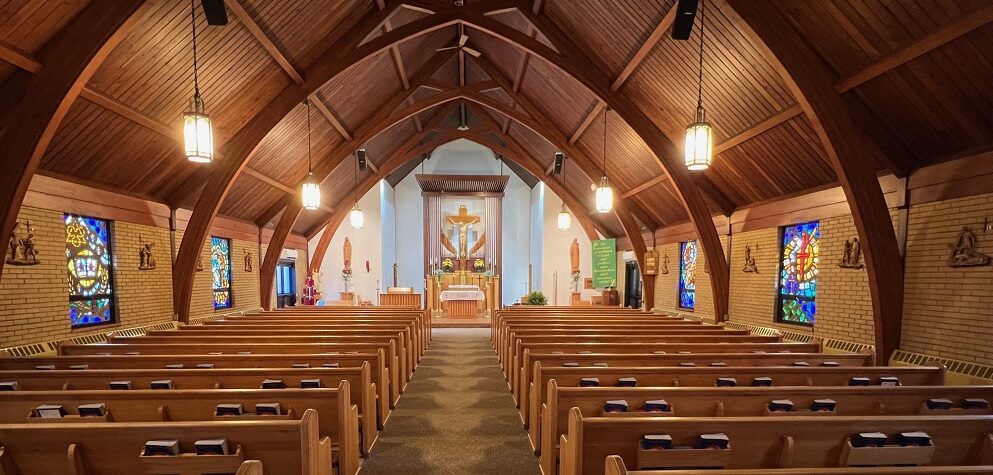Posted on May 17, 2024
Catechism Meditation:
In this battle against our inclination towards evil, who could be brave and watchful enough to escape every wound of sin? ―No. 979
REFLECTION. Forgiveness and reconciliation are powerful sources of healing to the human spirit and psyche, but in order to receive their benefits we must admit our sins and explicitly ask for pardon. The stage for this beautiful and necessary human drama is the confessional.
Sadly, a growing number of self-identified Catholics no longer believe that confession has anything to do with their life of faith and, to be specific, their ability to receive Holy Communion. When thinking about “grave” or “mortal” sins, many Catholics have decided this language simply does not apply to their own mistakes and struggles. The idea is that you don’t need to go to confession unless you’ve done something really, really bad. People say, “I’m a good person. I haven’t done anything bad, or I haven’t done anything I think is really bad — so I don’t have anything to confess.” And many Catholics question whether the church should play any role in mediating this sin, repentance and forgiveness process.
We have to ask, “Do we believe that the gospel is good news? Do we believe that what we are teaching is true and that the sacraments are real?”… If we do, then confession is an essential part of our faith.
PRAYER. Father, draw your wandering children back to you. May we embrace the healing and strength you offer us through the sacrament of Reconciliation.
Timeless Wisdom Quote:
“Those who deny guilt and sin are like the Pharisees of old who thought our Saviour had a “guilt complex” because He accused them of being whited sepulchers—outside clean, inside full of dead men’s bones. Those who admit that they are guilty are like the public sinners and the publicans of whom Our Lord said, “Amen, I say to you, that the publicans and the harlots shall go into the Kingdom of God before you” (Matt. 21:31). Those who think they are healthy but have a hidden moral cancer are incurable; the sick who want to be healed have a chance. All denial of guilt keeps people out of the area of love and, by inducing self-righteousness, prevents a cure. The two facts of healing in the physical order are these: A physician cannot heal us unless we put ourselves into his hands, and we will not put ourselves into his hands unless we know that we are sick. In like manner, a sinner’s awareness of sin is one requisite for his recovery; the other is his longing for God. When we long for God, we do so not as sinners, but as lovers.” ― Venerable Fulton J. Sheen
Featured Video:
Going to Confession for the First Time in a Long Time (8:45)
